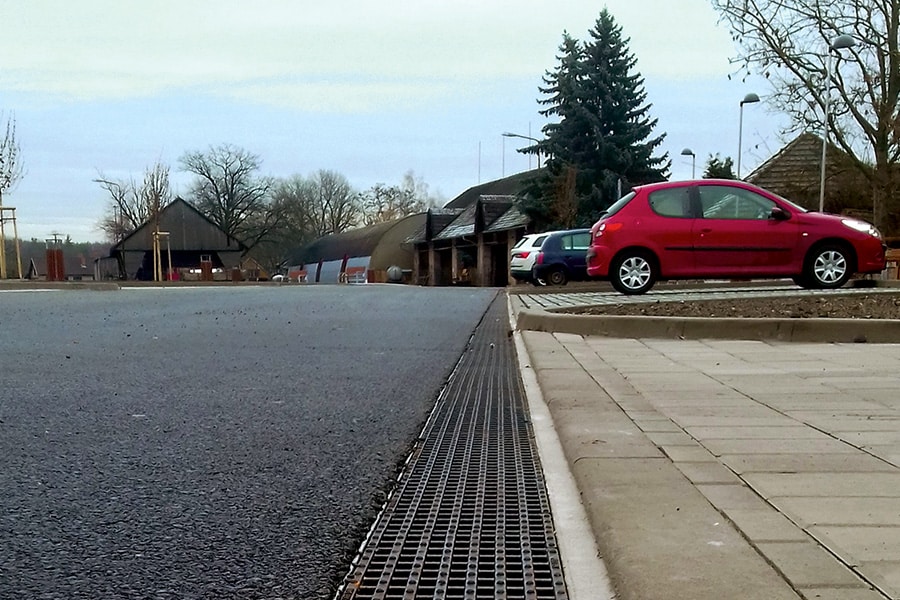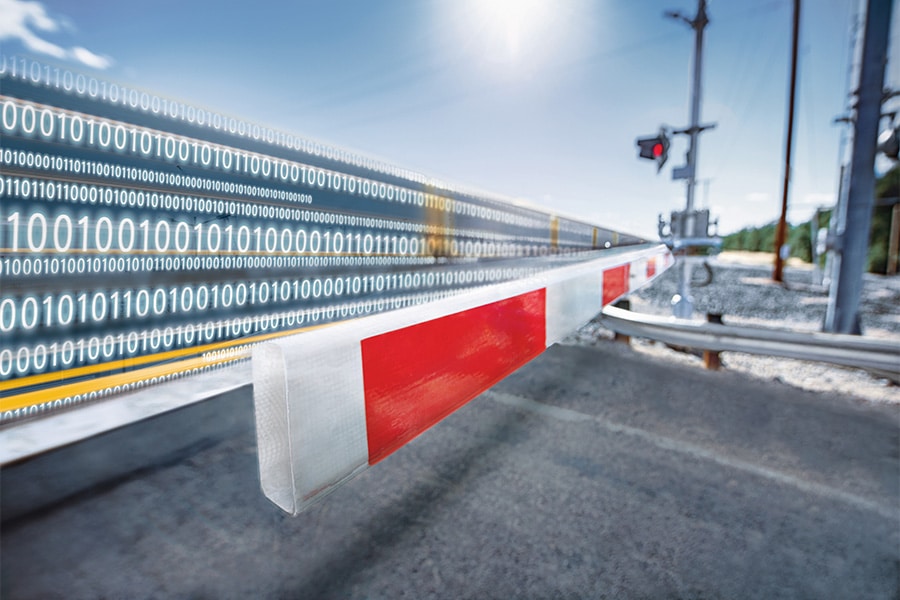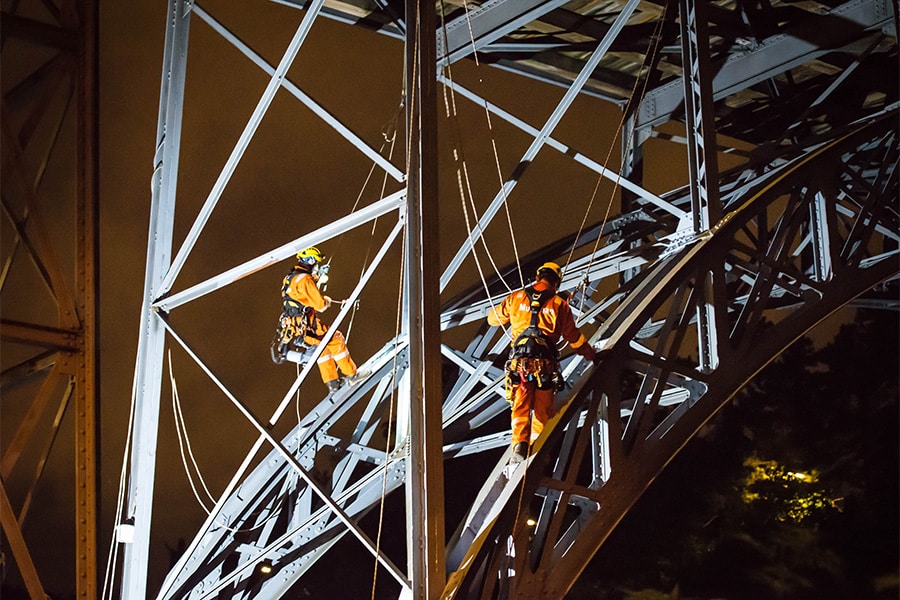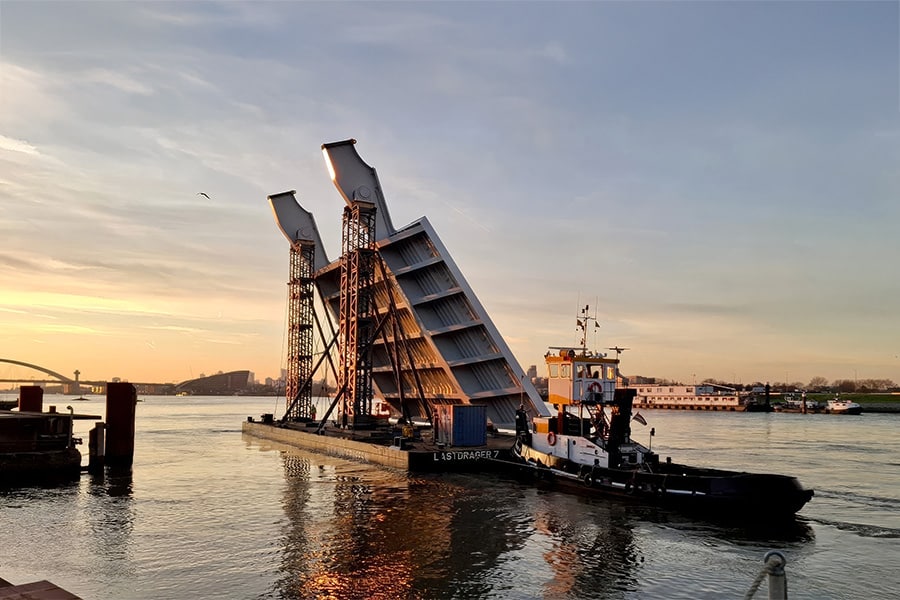
Reduce transport emissions by more than 83%
To combat climate change, we must decarbonize our economies. Saint-Gobain PAM is emphatically taking its responsibility. The company not only offers sustainable solutions in ductile iron for water transport in the fields of industrial, waste and drinking water, but also takes action to demonstrably reduce emissions from transport activities. Meet Blueway by PAM.
We offer our customers the opportunity to reduce greenhouse gas emissions from transportation, begins Esther Lindeman, Managing Director of Saint-Gobain PAM Netherlands. "For each project, we determine the most optimal transport option with the least CO2 emissions. In fact, our projects are approached with a customized logistics plan. In this way, we optimize transports according to our customers' wishes and minimize CO2 emissions."

Blueway by PAM
At Saint-Gobain PAM Netherlands, electric transport is among the options for some projects, as is transport by water or rail. Esther continues: "But what if we are forced to transport by road? Then we offer our clients our latest solution: Blueway by PAM. It is a transport service with trucks running on HVO biofuel, as an alternative to traditional fuel. HVO is a second-generation biofuel, because it is made from waste (vegetable oils, also produced from waste, residual oils and fats, such as spent frying fat, etc.) and thus it does not compete with food production."
Emission Reduction Certificate
Saint-Gobain PAM has partnerships with road carriers to manage a fleet of trucks running on HVO biofuel. Choosing Blueway by PAM means:
- A demonstrably strong commitment to reduce transportation emissions: the opportunity to reduce CO2 emissions by more than 83%!
- Demonstrate and quantify your action with the emission reduction certificate issued by Saint-Gobain PAM. This certificate states the number of tons of CO2 not emitted and the percentage reduction in CO2 compared to diesel.

Nodular cast iron
The ductile iron pipes are "ironclad. "There is no need to bring in sand to compact the soil around the pipe," Esther explains. "So the trench can be backfilled directly with the existing soil. In addition to being efficient in terms of time and cost, this obviously also saves on the number of transport movements. This also prevents emissions."
Heeft u vragen over dit artikel, project of product?
Neem dan rechtstreeks contact op met Saint-Gobain Weber.
 Contact opnemen
Contact opnemen




